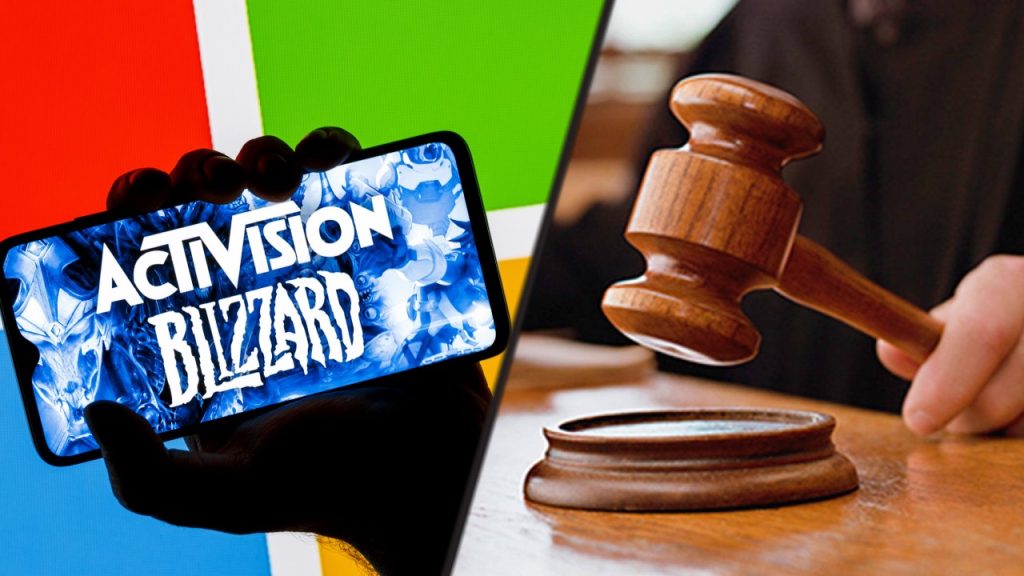Microsoft continues to invest heavily in the gaming industry without slowing down. One of the most concrete examples of this is the Activision Blizzard deal announced last year. The tech giant acquired the developer of games such as Call of Duty and World of Warcraft for $68.7 billion. However, despite the fortune paid, things are not going as Microsoft had hoped. With this investment, the company has become a target for competition authorities in many different countries and recently defended the Activision deal in a gamers’ lawsuit in a US court. Here are the details…
Microsoft to defend Activision deal in gamers’ lawsuit in US court
Microsoft is defending its $69 billion acquisition of Activision Blizzard in a US federal court today, facing a lawsuit from video gamers who claim the deal will harm industry competition. If completed, the deal would become the largest-ever in the gaming industry. It is even possible to say that the $68.7 billion agreement would be one of the most expensive deals of all time. However, nothing is finalized yet. US District Judge Jacqueline Corley will decide whether to issue a preliminary injunction to halt the acquisition.

In its simplest defense, Microsoft argues that the deal will benefit gamers and has requested the judge to deny the injunction. But do the gamers’ concerns reflect the truth? Looking at Microsoft’s past, we see that they release games on both consoles and PCs. However, we also see that the console is exclusively Xbox, leaving PlayStation out. While this may have been natural before, the acquisition of Activision Blizzard could change that.
People are worried about the possibility of games like Call of Duty being excluded from these platforms. Yet, the company claims there is nothing to fear and that such a move would lead them to bankruptcy. Still, it seems impossible to say anything for certain. Fortunately, the company’s hands are tied for now, no matter what their plans may be. Lawsuits are ongoing in many countries such as the US, EU, and UK, and they do not appear to be ending anytime soon.
RELATED:
- Download Google Pixel 7a Wallpapers in 4K Resolution
- Microsoft Aims to Unlock the Secrets of the Stars for Infinite Energy through Nuclear…
- Mobile PDF Signing Comes to Microsoft 365 App for Smartphones
- Microsoft slash price for Xbox Series X/S memory Expansion Cards
- Microsoft collaborates with OPI for an Xbox Sunkissed Vibes edition controller
(via)







